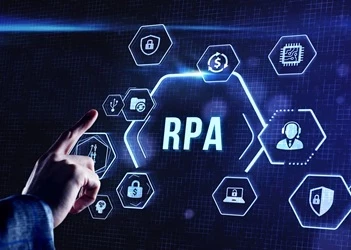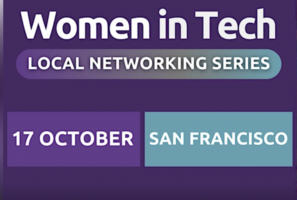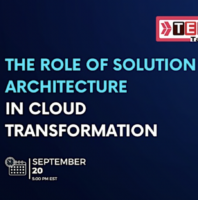December 11-12 2025, Silicon Valley – Join the premier gathering of humanoid robotics innovators, industry leaders and investors at the Computer History Museum.
About the Event
Humanoids Summit 2025 returns to Silicon Valley on December 11-12, 2025. Held at the iconic Computer History Museum in Mountain View, California, this two-day summit brings together the world’s leading experts in humanoid robotics, AI, and robotic automation.
What to Expect
- Live demonstrations of humanoid robots advancing into real-world applications.
- Keynote talks from global robotics pioneers, investors, and technologists driving mass-production, capital allocation and ecosystem growth.
- Networking with startups, enterprise teams, investors, and media covering the future of robotics.
- Hands-on sessions and panels on AI integration, hardware development, human-robot collaboration and business models.
Why It Matters
Humanoid robotics is at the frontier of the automation revolution. As robots begin to operate in unstructured environments and partner with humans, the need for bold innovation, strategic investment and cross-industry collaboration has never been greater. This summit is a landmark moment for anyone involved in shaping that future.
Who Should Attend?
- Robotics engineers, AI specialists and automation professionals
- Technology investors and venture capitalists
- Startup founders and hardware/software developers
- Corporate innovation teams and digital transformation leaders
- Media covering robotics, AI and emerging technologies
Event Details
Venue: Computer History Museum, 1401 N Shoreline Blvd, Mountain View, California.
Dates: December 11-12, 2025










